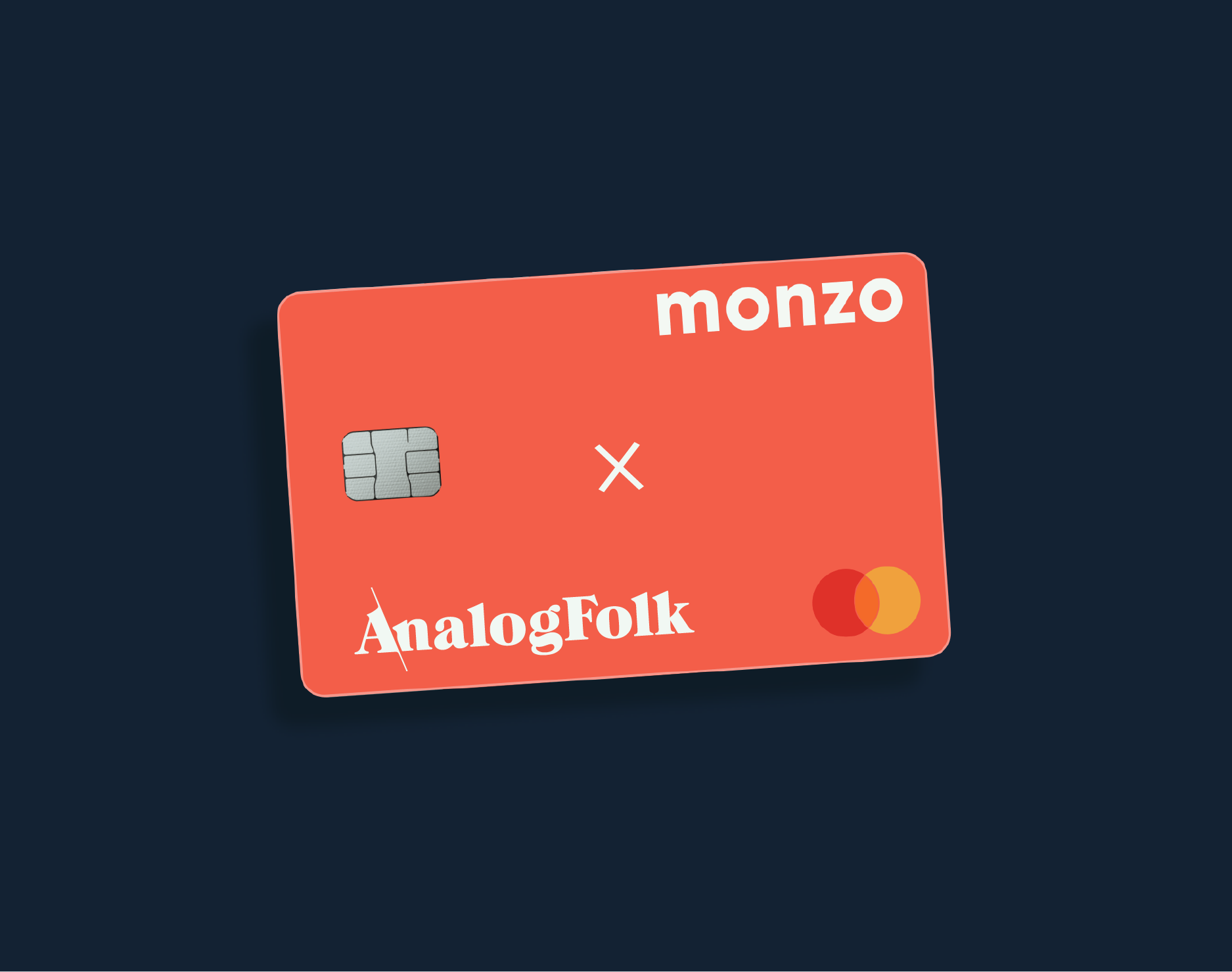Do you know the new rules of banking?
Article part of The Bank is Dead. Long Live Banking.
By Chris Joannou, business partner, AnalogFolk
We live in a world where the biggest holiday bookings company doesn’t own a single room and the largest taxi firm doesn’t own a single cab, so why should you have to be a bank to take deposits, lend money or manage payments? Welcome to the new rules of banking.
The world has certainly woken up to this paradigm shift, with an explosion of investment in fintech reported to have exceeded $130bn globally between 2010 and 2016. While Fintech isn’t a new phenomenon, this recent scale of transformation is unprecedented.
Cynics could look at this scale of change and fear a similar bubble to the one we saw in the early 2000s. Before Metro Bank launched seven years ago, there hadn’t been a new high-street entrant granted a banking licence for more than 150 years; at the last count, in the UK alone there were around 50 new banking entrants, many led by digital.
Not all of the new players will survive; likewise the thousands of start-ups in the broader fintech arena. However, some have already made their mark and changed the landscape forever.
 Business banking isn’t immune to this revolution, either. Research undertaken by BCG estimates that just over 50% of all fintech investment has been directed to solutions intended for the business and corporate space. App-only challenger banks, such as Tide in the UK, are trying to reinvent the business banking experience for small firms, and what they’ve created so far looks impressive.
Specialist business lending platform Kabbage in the US is providing innovative working capital solutions, while Swedish company Klarna’s e-commerce payment solutions are now being used by more than 70,000 merchants. Just two examples in an ever-expanding list.
Business banking isn’t immune to this revolution, either. Research undertaken by BCG estimates that just over 50% of all fintech investment has been directed to solutions intended for the business and corporate space. App-only challenger banks, such as Tide in the UK, are trying to reinvent the business banking experience for small firms, and what they’ve created so far looks impressive.
Specialist business lending platform Kabbage in the US is providing innovative working capital solutions, while Swedish company Klarna’s e-commerce payment solutions are now being used by more than 70,000 merchants. Just two examples in an ever-expanding list.

BANKING IS BECOMING MORE SOCIAL
Peer-to-peer lenders, such as Zopa in the UK, Lending Club in the US and Lufax in China, are now taking sizable chunks out of the market. Lending Club alone has now funded more than $24bn worth of loans since 2009 and nearly $2bn in just the last quarter.HUMANS ARE PLAYING A SMALLER ROLE
Robo-advisors — a class of digital advisor that uses algorithms to provide financial advice or investment management online with little or no human intervention — are on the rise. For instance, automated wealth management firms Betterment and Wealthfront between them now have more than $10bn in assets under management — not bad given they’re both less than 10 years old.MOBILE IS OPENING UP FINANCE TO PEOPLE WHO HAVE NO ACCESS TO A BANK
However, if you want real insight into the nature of a future banking system, look to Asia and the developing markets of Africa. In many places, they’re building banking systems from scratch, without having to deal with the legacy constraints the West’s more developed markets are wrestling with. And it’s being led by mobile. One key example is M-Pesa, which launched in Kenya in 2007. M-Pesa has radically transformed a whole country, with 75% adoption and more than 60% of Kenyan GDP now being transacted through this feature-phone-based mobile payments solution. In China, Tencent’s WeChat started life as a simple messaging platform in 2011. It’s now rapidly built out a huge ecosystem of ‘apps within an app’, allowing users not only to message friends, but to shop, hail a cab, check their balance, make payments or apply for new financial products, among many other everyday activities — all without leaving the WeChat platform. So for over 800 million Chinese users, WeChat features as part of their daily lives. Business banking isn’t immune to this revolution, either. Research undertaken by BCG estimates that just over 50% of all fintech investment has been directed to solutions intended for the business and corporate space. App-only challenger banks, such as Tide in the UK, are trying to reinvent the business banking experience for small firms, and what they’ve created so far looks impressive.
Specialist business lending platform Kabbage in the US is providing innovative working capital solutions, while Swedish company Klarna’s e-commerce payment solutions are now being used by more than 70,000 merchants. Just two examples in an ever-expanding list.
Business banking isn’t immune to this revolution, either. Research undertaken by BCG estimates that just over 50% of all fintech investment has been directed to solutions intended for the business and corporate space. App-only challenger banks, such as Tide in the UK, are trying to reinvent the business banking experience for small firms, and what they’ve created so far looks impressive.
Specialist business lending platform Kabbage in the US is providing innovative working capital solutions, while Swedish company Klarna’s e-commerce payment solutions are now being used by more than 70,000 merchants. Just two examples in an ever-expanding list.
PARTNERSHIPS ARE THE WAY FORWARDS
While the fintechs continue to reimagine what a future banking system might look like, the legacy banks are spending billions on ‘digital transformation’ programmes, as they try to reinvent their businesses to both compete with and defend themselves against the new threats they’re facing. However, the general market sentiment has changed from one of competition to collaboration, as both traditional banks and fintechs begin to realise they have complementary skills that collectively bring a greater chance of success. While agile fintechs can launch new products quickly, banks can offer large customer bases and established infrastructure. These new collaboration models are still emerging and will undoubtedly evolve for some time, as these unlikely marriages still need to work through their cultural and mindset differences. -- If you enjoy this article, why not check out the below articles from 'The Bank is Dead. Long Live Banking.'- 9 reasons banks need to take natural languages interfaces seriously
- The fintech strategies to steal
- This start-up knows how to get spenders saving. It's just a matter of trust
- Winning over generation Y
- How to survive and thrive in the fintech revolution
- This is how to make innovation happen in your business. Actually happen



